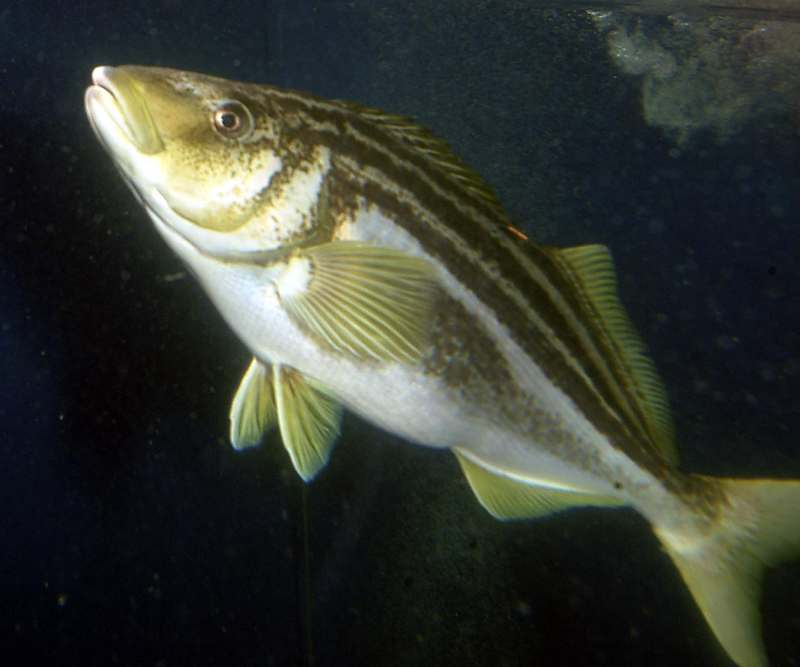Bacteria
Type of resources
Topics
Keywords
Contact for the resource
Provided by
Years
-

This data represents research conducted as part of a PhD project on Striped Trumpeter (Latris lineata). Knowledge of the microbial bacterial community of the larvae, seawater and live feeds is necessary in order to develop an understanding of what represents a healthy microbial ecology relevant for larval fish rearing success. 16S ribosomal RNA (rRNA) gene-based clone library and terminal restriction fragment length polymorphism (TRFLP) analyses were utilized to examine the microbial community associated with larvae cultured under different “greenwater” conditions and determine the success of probiont application in live feeds used for larval fish rearing. Though water quality was apparently influential on larval survival, no specific bacterial species present either on the larvae or in surrounding tank water could be attributed to reduced survival. Two bacterial strains, Pseudoalteromonas sp. ST8 and Vibrio sp. ST7 were found to inhibit bacteria pathogenic to larval fish through production of extracellular substances. Strain ST8 was found to be compatible with artemia, rotifers and larval fish and outcompeted the fish pathogen Vibrio proteolyticus in competition experiments. Encapsulation experiments indicated strain ST8 was transferrable to artemia and thus represent a potential probiont for larval fish mariculture.
 IMAS Metadata Catalogue
IMAS Metadata Catalogue